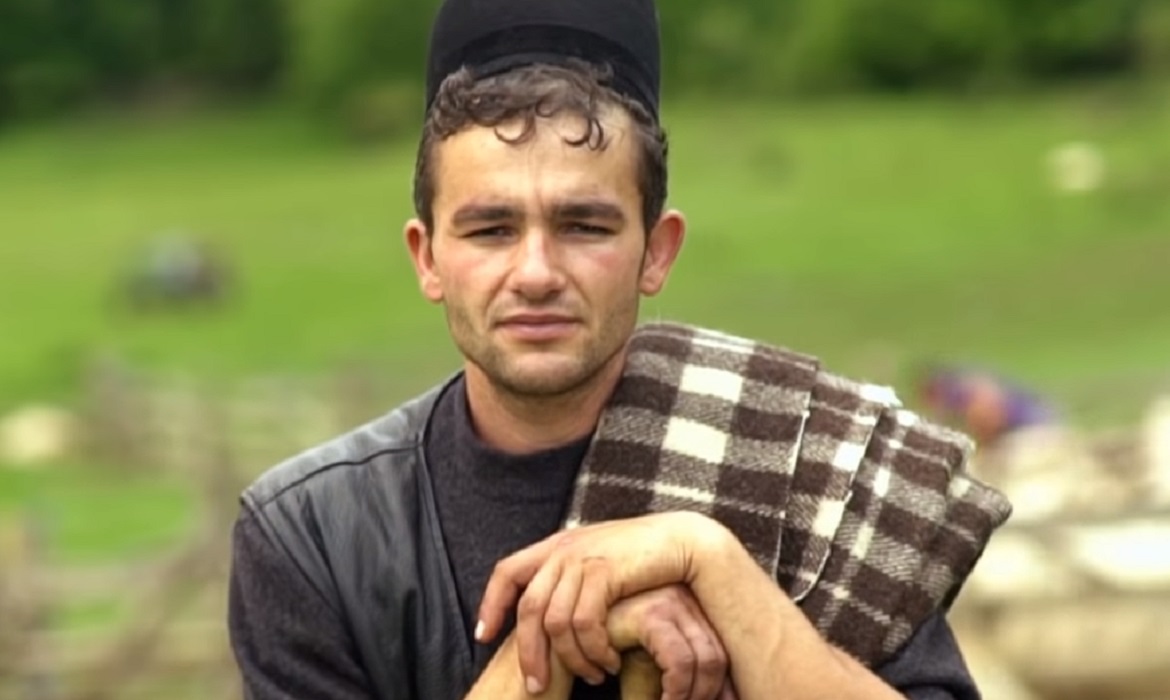Sustainable Farms in Romania

Sustainable Development Programs in Rural Romania
Leveraging a matching grant from the Rotary Foundation of Rotary International, the Rotary Club of Irvine is providing agricultural machinery and vocational training to the young skilled population to keep the workforce local, and use the extra profits from higher yields to create educational programs to benefit the community. This will break the cycle of poverty and create a new cycle of local prosperity.
This project’s goal is to promote sustainable development and vocational programs in rural areas of Southwestern Romania. Beneficiaries are several rural communities with a total of 20,000 people, of which over 4,000 children of school age.
This is an area of the country where agriculture is predominant and still very profitable, but only if mechanized. Currently due to lack of possibilities, people still farm manually, with low yields and barely breaking even, year after year. For this reason, many young, skilled individuals are leaving the area, their families and their kids, to look for better opportunities. Working abroad for better opportunities is seen in the beginning as a temporary leave, maybe 6 months. However, after a few years, one of the parents, or both, decide to split and remarry abroad, so they are never coming back. This is a widespread tendency in rural areas of Romania, leaving the children with their grandparents, or even with neighbors.
In the 90s there was a lot of press in the United States about the Romanian orphans and their poor living conditions. Currently there’s a new generations of orphans in Romania, that nobody is talking about. They are hidden in plain sight, living not in orphanages, but in makeshift homesteads, abandoned by their parents, and they’re not even counted as orphans by the state.
Yet, they experience the same side effects of neglect, and lack of care (and love), which were greatly documented in the 90s, pointing towards a plethora of developmental and emotional issues (see: “Early Neglect Alters Kids’ Brains”, https://www.livescience.com/21778-early-neglect-alters-kids-brains.html). As Rotarians, we’ve been witnessing this alarming trend for years now. At this rate, it is estimated that by 2050 Romania will have 3 million more people leaving the country definitively, or 17% of its population (see: https://qz.com/1187819/country-ranking-worlds-fastest-shrinking-countries-are-in-eastern-europe/). It is time to stop the breakup of families and avoid creating a new generation of Romanian orphans.
The premise of our project is to donate much needed agricultural machinery to deserving young farmers, and teach them skills (from mechanical to entrepreneurial skills), in order to work the land easily and get better yields. The surplus will be used to finance the local Community Centers and continue develop Vocational Programs focusing on agriculture. There is a local non profit (called ProCultura) with a great track record of implementing community projects in that area for many years, and with great ties in the community. We will be donating the agricultural machinery to ProCultura, which in turn will select the young farmers who use the tractor, and will manage the Vocational Programs, along with other local authorities, and Rotarians from Romania and United States.
After initial implementation and training done by Rotarians from Romania and United States, the project will immediately become sustainable, since every year working the land with proper machinery will bring the necessary money for the Community Centers and to the Vocational Programs. The Community Centers are already in place.
The impact of this project in rural areas of Romania cannot be overstated. Currently there are estimated between 2,000,000 and 5,000,000 acres of quality arable land in Romania that are perennially uncultivated due to the lack of machinery in rural areas. This represents about 16% of total arable land. On the other hand, there are hundreds of thousands of young individuals that have no means to work the land and instead choose to work abroad while abandoning their children and families.
